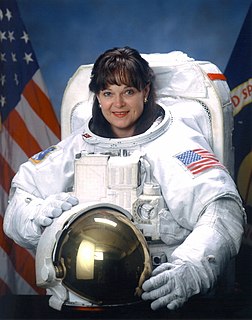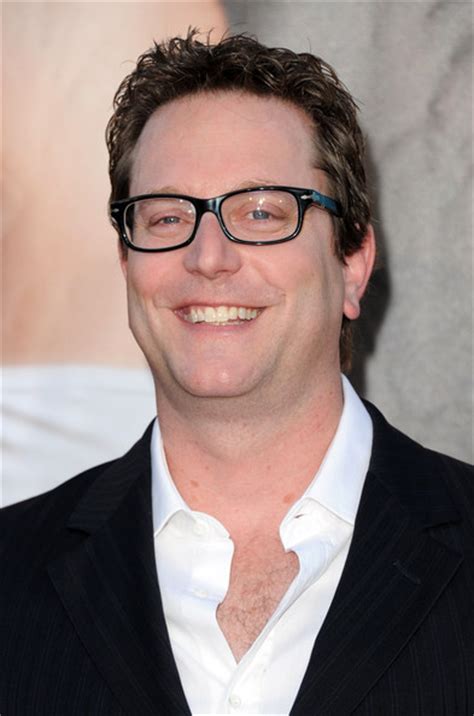A Quote by Garry Winogrand
A photograph is the illusion of a literal description of how the camera 'saw' a piece of time and space.
Quote Topics
Related Quotes
The camera does not know what it takes; it captures materials with which you reconstruct, not so much what you saw as what you thought you saw. Hence the best photography is aware, mindful, of illusion and uses illusion, permitting and encouraging it - especially unconscious and powerful illusions that are not usually admitted on the scene.
If you are walking down the street, camera in your hand, loaded and ready to shoot. You see a person falling from a high building, either having fallen or jumped. That person is falling through space. You don't shoot that photograph unless the theme you are working on has to do with the effects of space on the human figure. If you simply photograph that event because it is an event that is happening, you're doing photojournalism.
... If we consider the difference between William Henry Jackson packing in his camera by mule, and the person stepping for a moment from his car to take a picture with his Instamatic, it becomes clear how some of our space has vanished; if the time it takes to cross space is a way by which we define it, then to arrive at a view of space 'in no time' is to have denied its reality.
The camera has a mind of its own--its own point of view. Then the human bearer of time stumbles into the camera's gaze--the camera's domain of pristine space hitherto untraversed is now contaminated by human temporality. Intrusion occurs, but the camera remains transfixed by its object. It doesn't care. The camera has no human fears.
The very nature of the quantum theory ... forces us to regard the space-time coordination and the claim of causality, the union of which characterizes the classical theories, as complementary but exclusive features of the description, symbolizing the idealization of observation and description, respectively.
One of the things that makes it so challenging is that we're constructing the Station hundreds of miles above the surface of the Earth and we're doing it one piece at a time For the International Space Station we do not have the privilege of assuming the Space Station is on the ground before we take it up one piece at a time. So we have to be very clever about the testing that we do and the training that we do to make sure that each mission is successful, and that each piece and each mission goes just as it's planned.
The only thing which completely was an amazement to me and brought me to photography was the work of Munkacsi. When I saw the photograph of Munkacsi of the black kids running in a wave, I couldn't believe such a thing could be caught with the camera. I said, 'Damn it', I took my camera and went out into the street.
For me, what was important was to record everything I saw around me, and to do this as methodically as possible. In these circumstances a good photograph is a picture that comes as close as possible to reality. But the camera never manages to record what your eyes see, or what you feel at the moment. The camera always creates a new reality.
Photographers tend not to photograph what they can’t see, which is the very reason one should try to attempt it. Otherwise we’re going to go on forever just photographing more faces and more rooms and more places. Photography has to transcend description. It has to go beyond description to bring insight into the subject, or reveal the subject, not as it looks, but how does it feel?

































